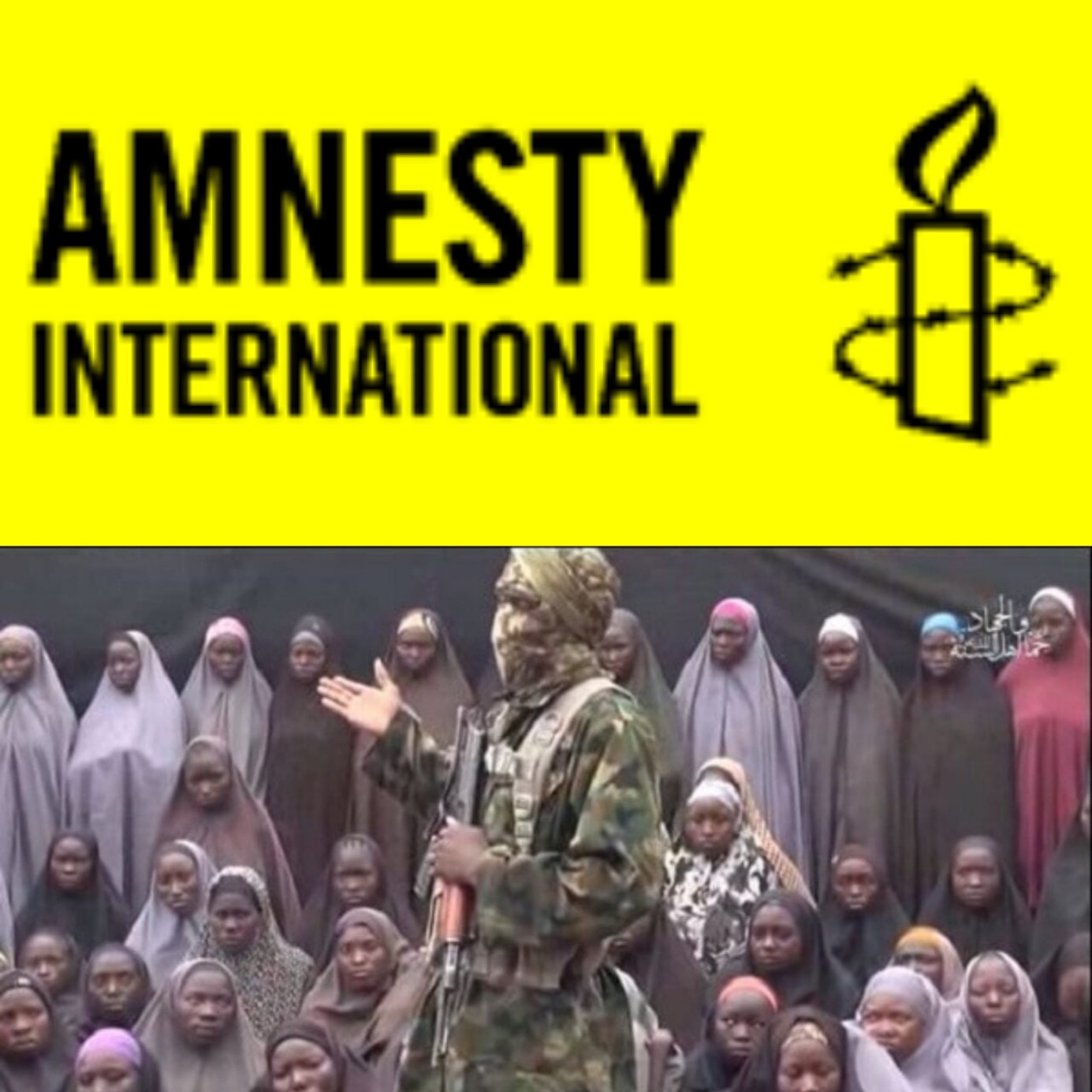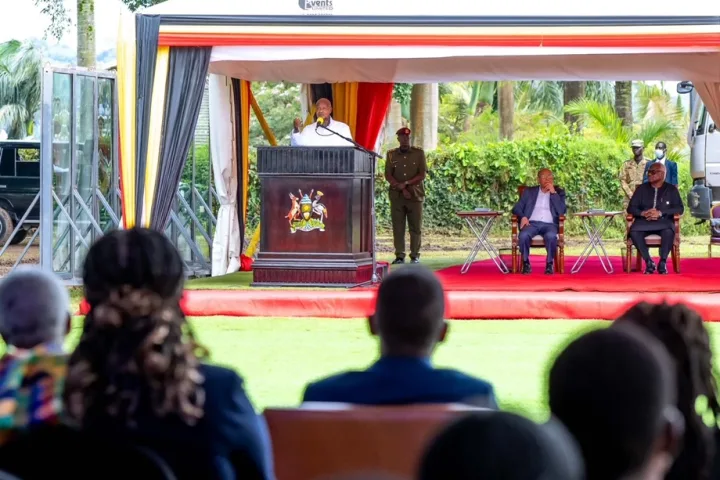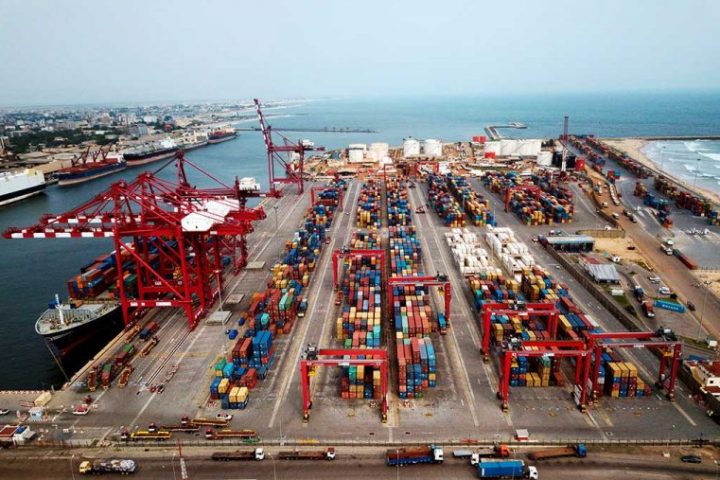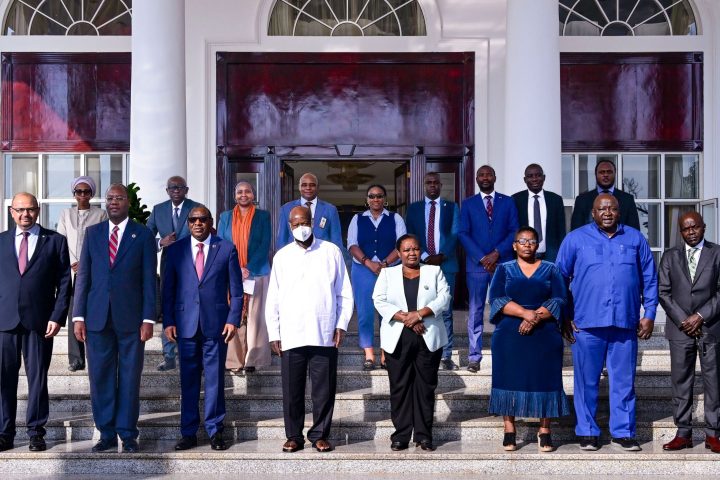Amnesty International has called on Nigerian authorities to make maximum efforts to ensure that the remaining 92 out of 276 c students abducted in Chibok, Born State on 17 April 2014.
Amnesty International made the call in a statement marking the 10th anniversary of the mass abduction said to have been carried out by Boko Haram fighters in the northern part of the country.
Join our WhatsApp ChannelToday marks 10 years since 276 girls were abducted from Chibok secondary school in Borno state on 14 April 2014.
The group called on the Nigerian Authorities to ensure that schools are well protected from child abductions, which have become increasingly frequent in the decade since the notorious raid by the armed group in northern Nigeria.
Amnesty International said that since the 2014 abduction, it has documented at least 17 cases of mass abductions in which at least 1,700 children were seized from their schools by gunmen and taken into the bush, and in many cases, subjected to serious abuse, including rape.
“It is shocking that in the 10 years since the Chibok school abduction, the Nigerian authorities have not learned any lessons or taken effective measures to prevent attacks on schools. The number of abductions that have taken place since 2014, including as recently as last month, and the fact that hundreds of children are still in the custody of gunmen, shows the lack of political will by the authorities to address the problem,” said Isa Sanusi, Director of Amnesty International Nigeria.
“The abduction of children and attacks on schools may amount to war crimes. It is the duty of the Nigerian authorities to end these attacks bring the suspected perpetrators to justice through fair trials and ensure access of victims to justice and effective remedies.
“A decade is enough time for the Nigerian authorities to find a solution to this problem, but so far, the reality shows the government has neither the will nor the commitment to end these attacks on children and their schools.”
READ ALSO: Zannah Mustapha: The Hero Who Fought For Freedom, Education Of Chibok Girls And Vulnerable Children
The government had after the Chibok abductions, launched the Safe Schools Initiative to improve security around schools. However, the group said, its implementation has been bogged down by bureaucratic roadblocks and allegations of corruption.
“As a result, many northern states have closed hundreds of schools indefinitely, disrupting the education of thousands of children,” it stated.
A statement by Amnesty International said the group had conducted investigations which revealed that the state of education in Chibok and its surrounding communities is still being impacted by the 2014 abductions.
READ ALSO: Nigeria’s Music Icon Onyeka Onwenu Remembers Leah Sharibu, Calls For Prayers
The Borno state government rebuilt the Government Girls Secondary School Chibok, which was completely burnt down by Boko Haram in 2014, and set up day secondary schools and a technical school in Chibok. However, academic activities in the schools remain minimal because parents are still skeptical of sending their children to school, for fear of being abducted by Boko Haram.
‘Forced’ to marry their abductors
The international right activist group further called on the Nigerian authorities to promptly, investigate allegations of forced marriage between 20 Chibok women rescued in the last two years and former Boko Haram fighters in a centre provided by Borno State government in Maiduguri.
The group said the father of one of the women confirmed to Amnesty International that the forced marriages had taken place.
It quoted a parent of one of the girls forced into marriage with former Boko Haram fighters saying: “I do not want a situation whereby if I speak, the government or Boko Haram will say we are conniving with others to expose issues to the public. I can speak on anonymity but will not still share everything.”
Borno State government claims these Boko Haram fighters have undergone rehabilitation and been reintegrated into society under the government’s conflict recovery programme for repentant Boko Haram fighters.
“It is appalling that these freed Chibok girls were forced to marry and live with their abductors. Organized by the Borno state government, these forced marriages are apparently an attempt to appease Boko Haram fighters with complete disregard for the rights and mental well-being of the girls involved,” said Isa Sanusi.
The parents and relatives of the girls who remain in captivity said they have been abandoned by government, citing the lack of information about attempts to ensure the safe release of their children from Boko Haram.
The Nigerian authorities must deliver on its national and international human rights obligations by immediately redoubling efforts to ensure the safe release and return of not only the 82 Chibok girls abducted 10 years ago, but also all people held captive by gunmen across Nigeria.
“As we mark the anniversary of these abductions, the Nigerian government must put in place a comprehensive and effective plan to protect schools and children. Authorities must also prioritize helping girls who escaped or were rescued from Boko Haram, to rebuild their lives. They must not ignore the ongoing anguish of the parents whose daughters remain in captivity and ensure they are regularly briefed on efforts to ensure the safe release and return of their children,” said Isa Sanusi.
The international NGO disclosed that in a report to be published next month, it will “document crimes and violations committed by Boko Haram and the Nigerian military against girls associated with, or perceived to be associated with, Boko Haram since the start of the conflict in north-east Nigeria in 2013. The report will also detail their unique reintegration needs and their aspirations to rebuild their lives.”
Victor Ezeja is a passionate journalist with seven years of experience writing on economy, politics and energy. He holds a Master's degree in Mass Communication.



















Follow Us